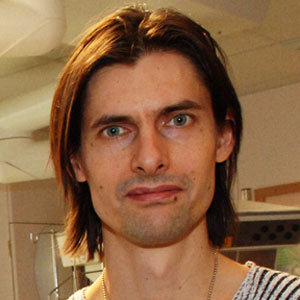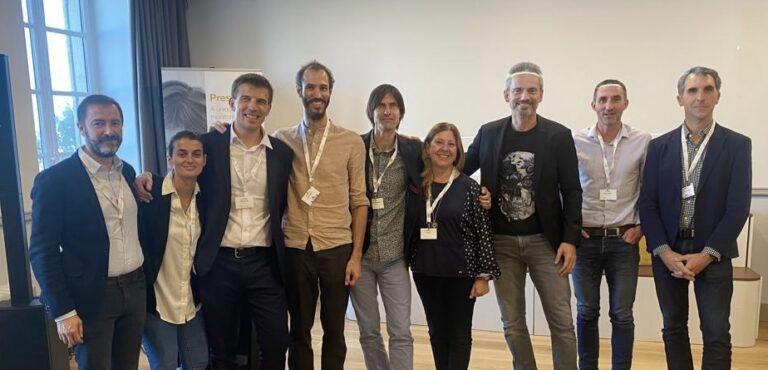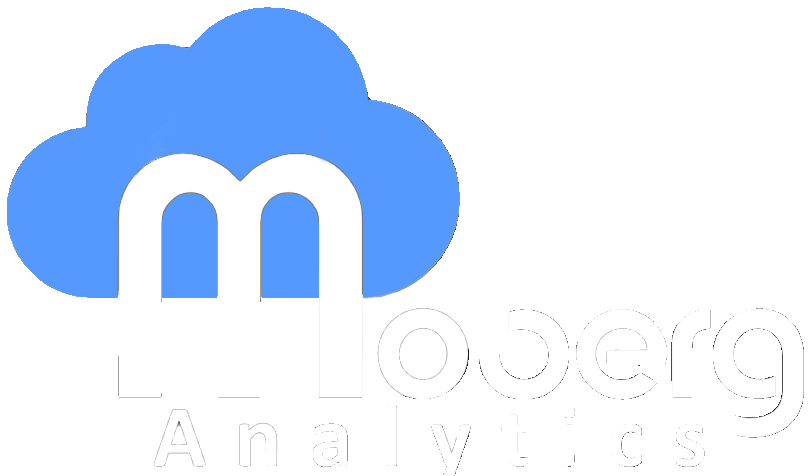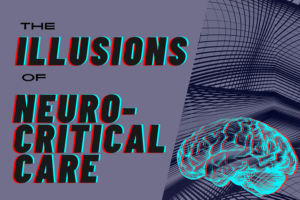Exploring Cerebral Autoregulation in Critically Ill patients

Guest Author: Dr. Peter Smielewski
Senior Research Associate at University of Cambridge Neuroscience
Insights from Lyon meeting
October 13, 2023
On October 13th, 2023, Lyon played host to the inaugural French Cerebral Autoregulation meeting, meticulously organized by Dr. Laurent Gergelé. The event gathered both international experts and esteemed French specialists deeply engaged in the clinical application of cerebral autoregulation. The objective? A thorough examination of available technology and a robust discussion on harnessing bedside cerebral autoregulation information to enhance patient management, whether within or outside the ICU.
The conference featured enlightening talks from prominent figures in the realm of cerebral autoregulation monitoring in critically ill patients, delving into technical intricacies, physiological interpretations, and practical bedside implementation.
In the initial segment, Dr. Smielewski shared Cambridge’s vast experiences in the methodological aspects of monitoring autoregulation in traumatic brain injury patients using ICM+ software. He emphasized the importance of interpreting the metrics correctly, understanding underlying assumptions, and acknowledging limitations. Dr. Balança from Lyon showcased the efficient presentation of autoregulation data on Moberg CNS Monitors.
Dr. Chabanne from Clermont presented their experience comparing the Raumedic’s NeuroSmart monitor with the Moberg CNS monitor, underlining the absolute necessity for validation and standardization of CPPopt methodologies that are now starting to be offered by different medical devices. Dr. Gergelé from St. Etienne introduced new software integrated into Atys TCD monitors, providing simplified views of CPPopt/ABPopt charts. Lastly, Dr. Dias from Porto discussed the implementation and fine-tuning of CPPopt-oriented management for TBI patients in her ICU.
In the latter part, Dr. Pochard from Paris addressed issues with popular autoregulation indices PRx and Mx. Dr. Taccone from Brussels explored the significance of assessing cerebral autoregulation in non-TBI patients, particularly those after cardiac arrest and in severe sepsis. Dr. Beqiri from Cambridge outlined the methods and outcomes of the COGiTATE Phase II trial, and shared results of an audit of how clinicians currently use the information on cerebral autoregulation in their patient management.
This was followed by presentations on continuous autoregulation monitoring projects in cardiac surgery by Dr. Desebbe from Lyon and in pediatric ECMO patients by Dr. Bourgoin from Nantes. To conclude, Dr. Manquat offered her thoughts on the current state of understanding of the cerebral blood flow-cerebral perfusion relationship, and Dr. Launey from Rennes introduced their ongoing Optimal ABP trial, centered on the MAP challenge (pharmacological increase and subsequent decrease of MAP over a 30-minute period in order to assess the autoregulatory curve).
As the final talk, Dr. Czosnyka entertained the participants with a brief history of 30 years of research into monitoring of cerebral autoregulation at Cambridge, Brain Physics Laboratory.
The meeting was very well attended and there seems to be an appetite for continuing with this initiative next year.
We extend our gratitude to Sophysa for their generous support of this event and their commitment to making recordings available post-meeting. Access to the recordings will be made public through the following link here.









